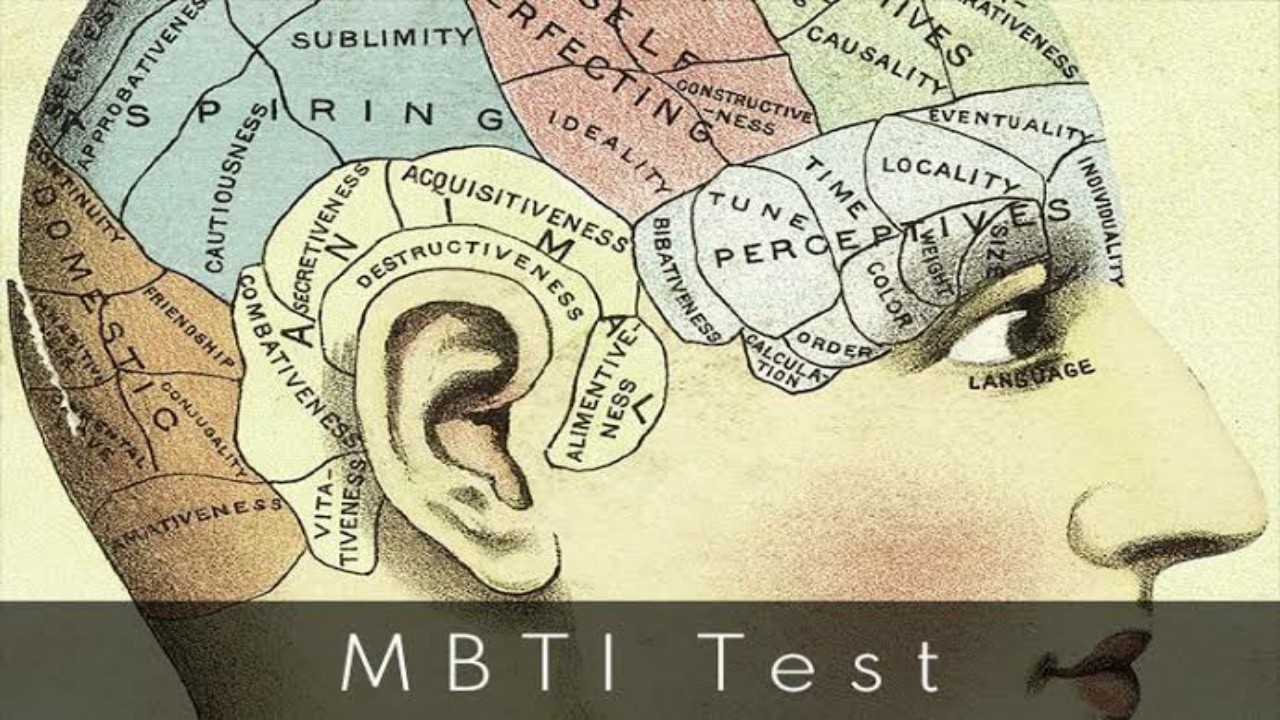

Each type is then listed by its four-letter code:
The ISTJ personality type is restrained, practical, and quiet by nature. They value organization and order in all aspects of their lives, including their homes, workplaces, families, and initiatives. ISTJs cherish tradition and place high importance on loyalty in themselves and others.
ISTP personalities value alone time and are fiercely self-reliant. Action, new experiences, hands-on activities, and the ability to work at their own pace are all things that ISTPs enjoy.
(ISFJ) is a personality type that is introverted, sensing, feeling, and judging. The nickname “The Protector” or “The Defender” is given to this personality type for a reason. Warm-hearted, responsible, and reserved are characteristics of ISFJ personalities.
Quiet, easygoing, and tranquil are common characteristics of ISFP personalities. According to David Keirsey, the founder of the Keirsey Temperament Sorter, an ISFP personality type makes up 5 to 10% of the population.
INFJ is an acronym that stands for Introverted, Intuitive, Feeling, and Judging. People with this personality type, often known as the “Advocate” or “Idealist,” frequently feel misunderstood. Perhaps it’s because they’re the MBTI personality type with the fewest members.
The INFP personality type is frequently referred to as an “idealist” or “mediator.” Introverted, idealistic, creative, and motivated by high values, people with this personality type are common.
People with INTJ personalities are highly analytical, creative, and logical, and are sometimes referred to as “Architects” or “Strategists.”
INTP personality types are generally described as quiet and analytical. They prefer being alone, contemplating how things work, and devising answers to difficulties.
Outgoing, action-oriented, and dramatic are common characteristics of people with this personality type. ESTPs are outgoing people who enjoy socializing with a diverse group of people.
ESTJs are frequently described as rational, commanding individuals. They are forceful and focused on ensuring that everything runs smoothly and according to the rules. Tradition, standards, and laws are important to them.
People with the ESFP personality type are known for being outgoing, resourceful, and spontaneous. They enjoy being the center of attention and are frequently referred to as “class clowns” or “entertainers.” The ESFP personality type is the polar opposite of the INTJ personality type.
The ESFJ personality type is known for being outgoing, loyal, organized, and tender-hearted. Interacting with other individuals gives ESFJs energy. They are usually described as sociable and outgoing.
Energetic, charming, and creative are common characteristics of people with the ENFP personality type. This personality type is charismatic, active, and self-sufficient. They are imaginative and creative people who thrive in environments that allow them to do so.
Warmth, outgoingness, loyalty, and sensitivity are all traits associated with the ENFJ personality type. The ENFJ is frequently regarded as the most “people-oriented” of all the personality types. They may form friendships with people of all personalities, including those who are more shy or reticent.
This personality type is known for being creative, intelligent, and expressive. ENTPs are also known for their idea-oriented nature, which is why they’ve been dubbed “the inventor,” “the visionary,” and “the debater.”
People that have this personality type like socializing with others. They have excellent communication abilities, and interacting with people gives them a boost of energy. ENTJ personalities prefer to think about the future rather than the present.
Keep reading successyeti.com.
Also Read: What Is A MBTI Test?
In this article, we will learn about the simple ways that can help one overcome…
Check out the list of couples' biggest relationship mistakes in this article.
In this article, we will learn about anxiety and how one can handle it in…
In this article, you will understand the horrifying effects of child abuse.
Here, check out the ways to find peace amidst personal life chaos
In this article we will understand the key points to a happy and lasting marriage.